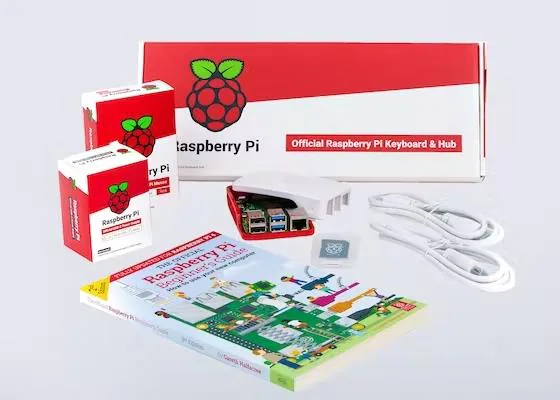Of course, I
don't think that there is any such requirement to maintain the
original certification on your side of the pond. So I would say, go
right ahead, and use 'proper' solder to carry out your repairs, but
suck or wick as much of the lead-free solder off the joint as you
can, before remaking the joint.

